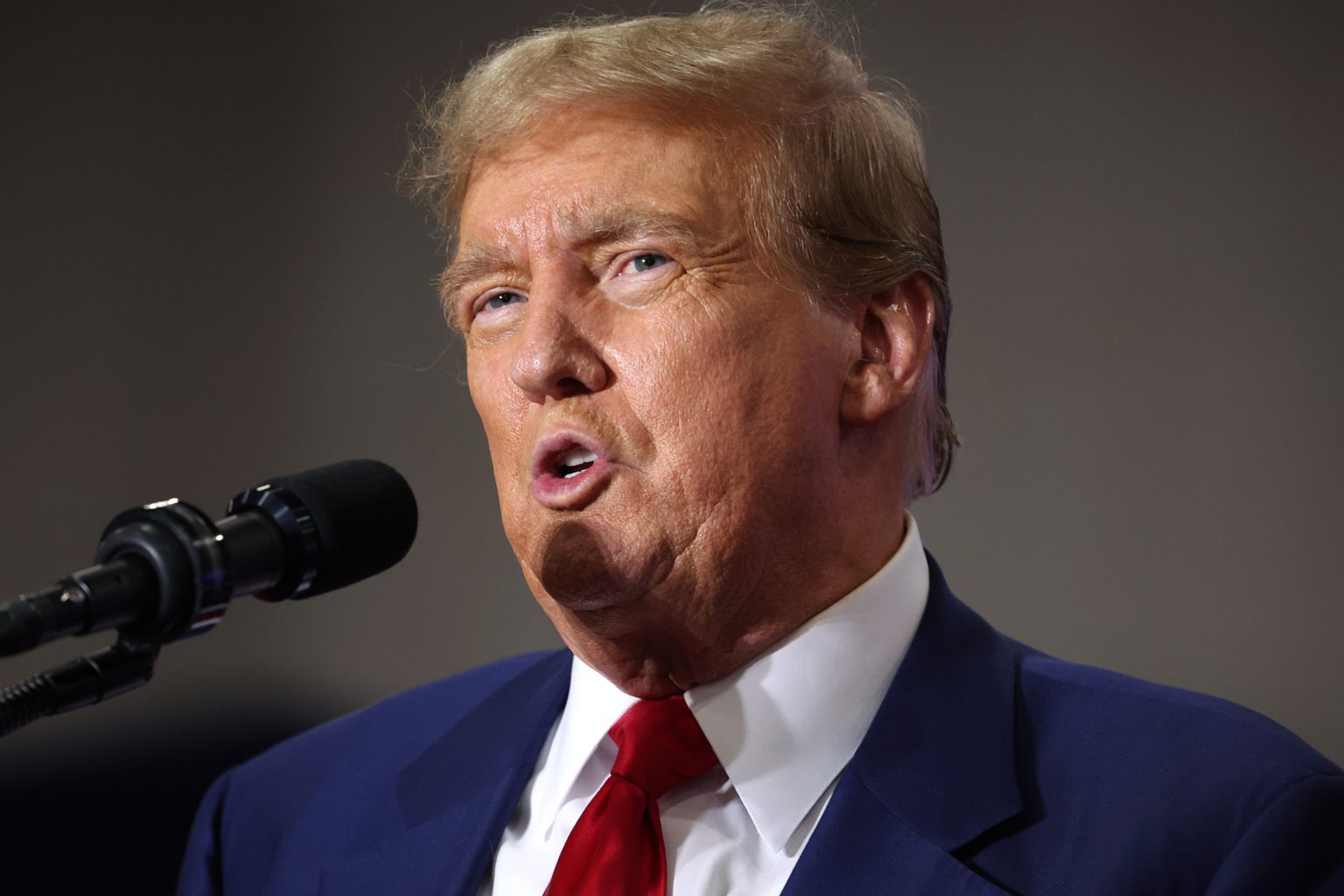A recent proposal backed by Donald Trump to implement a winner-take-all system for the presidential elections in Nebraska faced a setback as state lawmakers in Nebraska voted against a procedural motion that would have allowed the bill to be put to a vote. The Republican-controlled state legislature rejected the motion, potentially ending the chances of passing the bill during this session. Had the bill passed, it would have likely resulted in all of Nebraska’s electoral college votes going to Trump after the November election. In the 2020 election, Trump only received four electoral votes in Nebraska, with Biden securing the fifth vote by winning in Nebraska’s 2nd Congressional District.
The rejection of the procedural motion in Nebraska highlights the ongoing debate surrounding the electoral college system and the winner-take-all approach used in many states. This system has been criticized for potentially disenfranchising voters and skewing election results based on the distribution of electoral votes. While some argue that a winner-take-all system simplifies the process and aligns with the principles of democracy, others believe that the system needs to be reformed to ensure fair representation and reflect the popular vote more accurately.
The outcome of the Nebraska vote is a significant development in the lead-up to the November presidential election, as it sheds light on the strategies and tactics employed by political figures like Donald Trump to secure electoral college votes. Trump’s support for a winner-take-all system in Nebraska underscores the importance of understanding the complexities of the electoral process and the potential implications of such changes on election outcomes. As the debate continues, it is crucial for lawmakers and citizens alike to consider the broader implications of electoral college reform and its impact on the democratic process.
The rejection of the winner-take-all system in Nebraska also raises questions about the role of state legislatures in determining election procedures and the influence of partisan interests on electoral outcomes. State lawmakers play a central role in shaping electoral policies and practices, making their decisions crucial in shaping the democratic process. By voting down the procedural motion, Nebraska lawmakers have demonstrated their commitment to upholding the existing electoral system and resisting attempts to alter it, highlighting the tension between maintaining tradition and adapting to changing political landscapes.
As the debate over the winner-take-all system in Nebraska continues, it is important to consider the broader implications of electoral college reform and the impact it could have on future elections. The outcome of this recent vote underscores the challenges and controversies surrounding electoral procedures, underscoring the need for a thoughtful and informed approach to electoral reform. By engaging in constructive dialogue and finding common ground, lawmakers and citizens can work together to address the complexities of the electoral system and ensure that democratic principles are upheld in the presidential elections and beyond.


